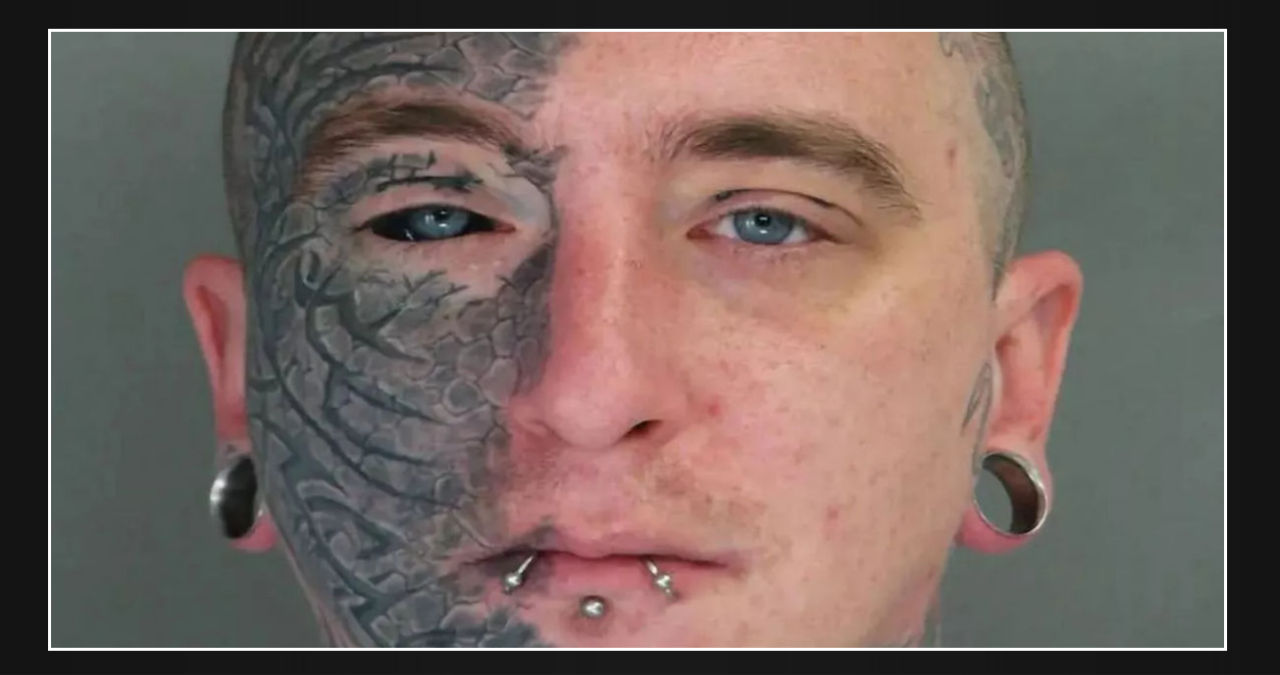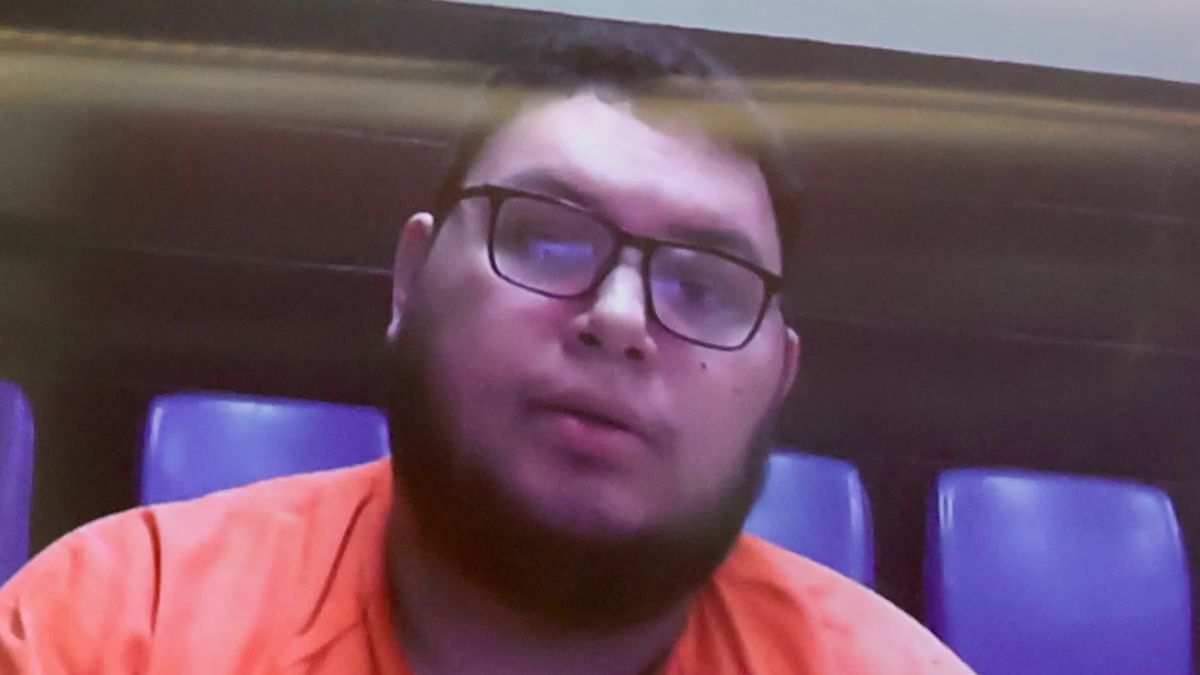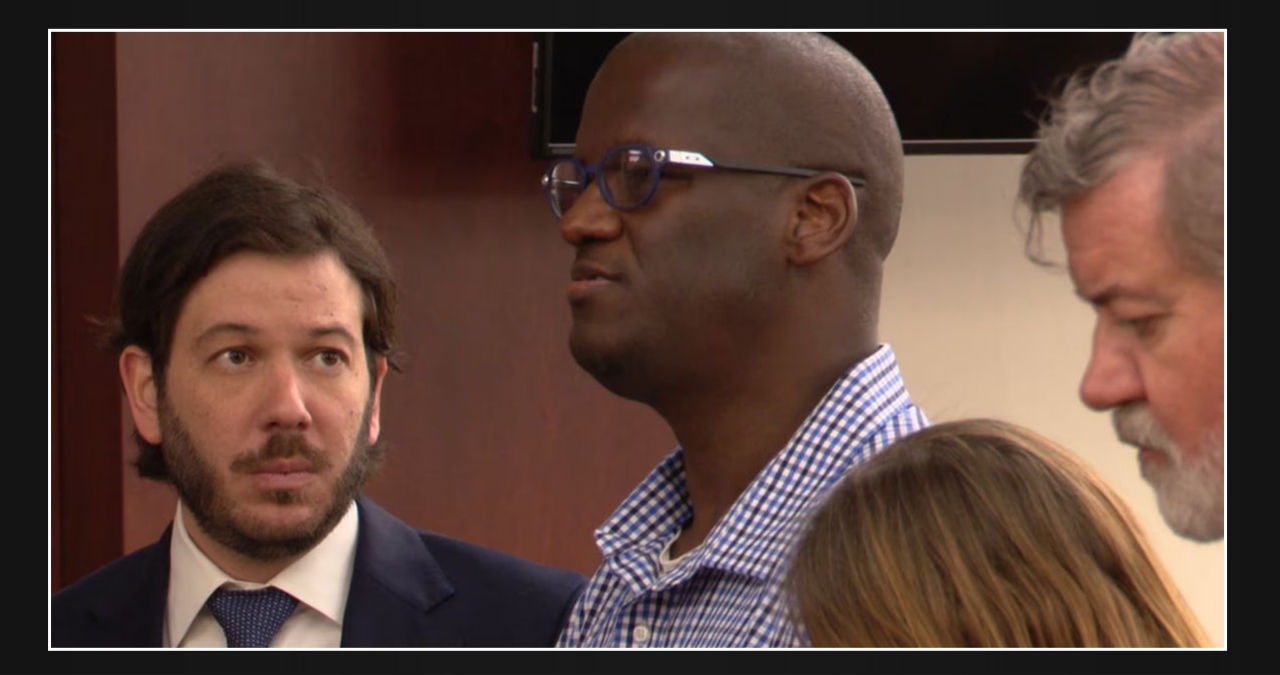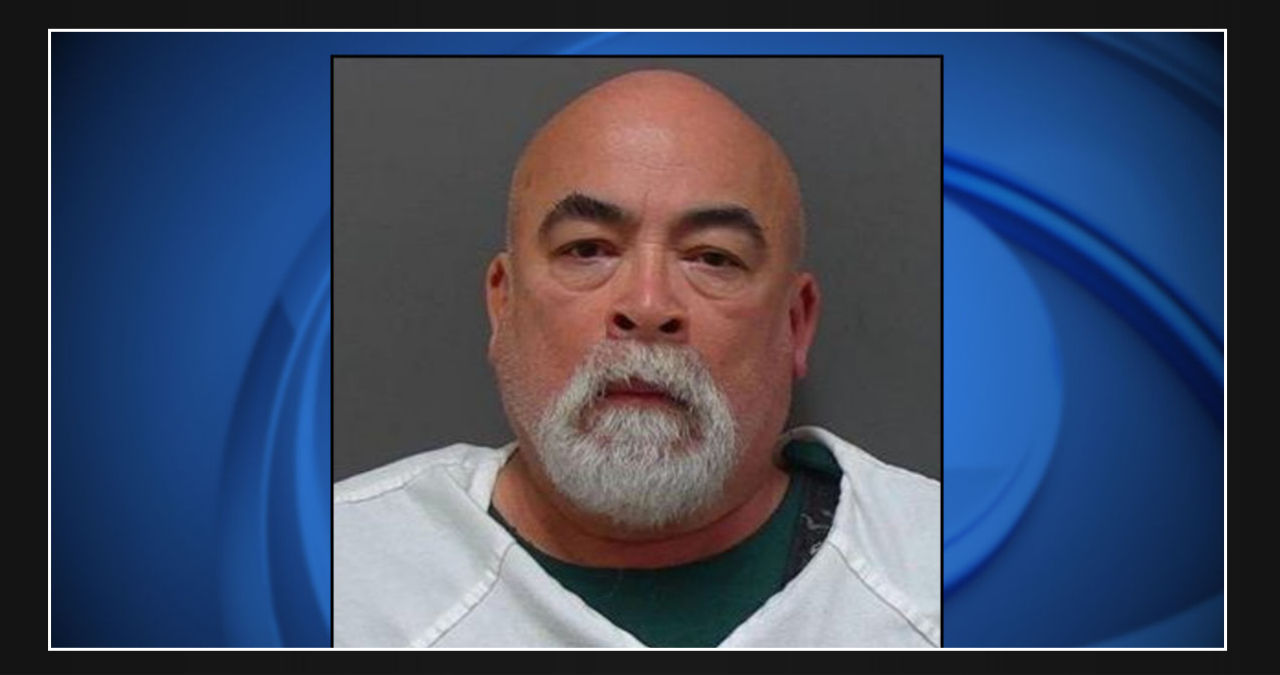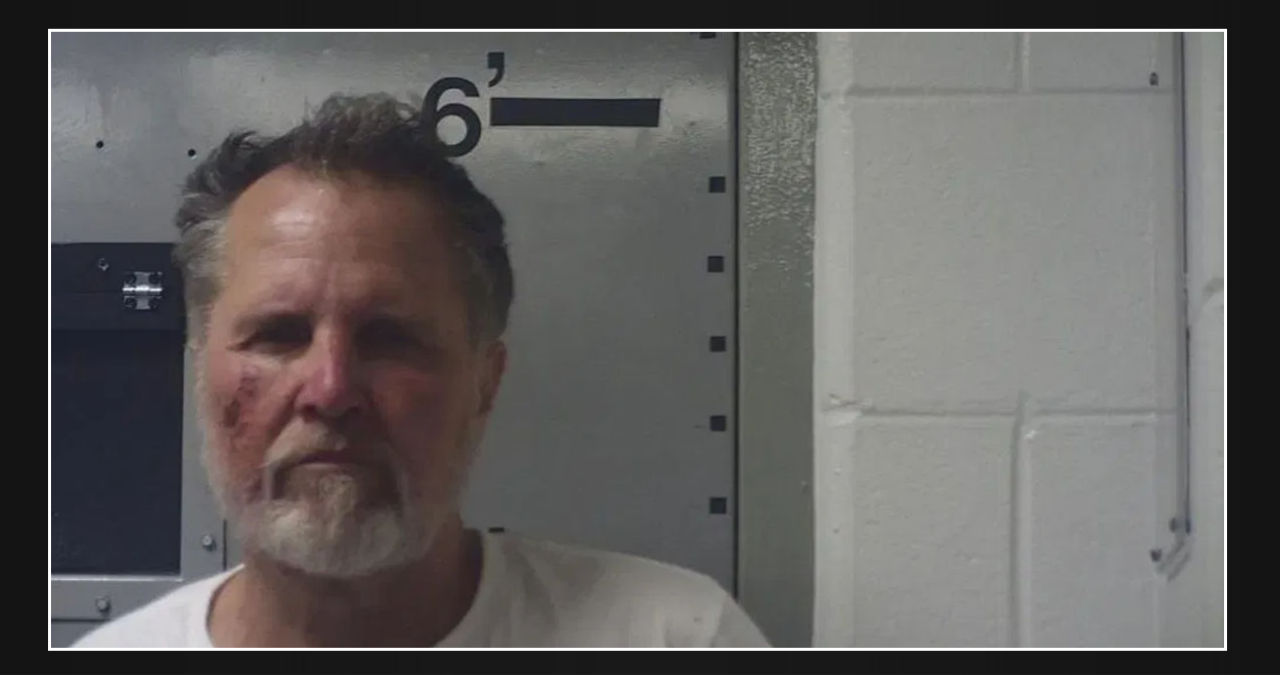A man accused of stealing and/or selling body parts taken from morgues at Harvard Medical School has defended himself against government allegations that he was “callous” and treated stolen cadavers as “stock.”
In a recent petition in the United States Middle District Court, Jeremy K. Pauley, 42, formerly of Cumberland County, Pennsylvania, reacted to a government accusation that “he does not see human beings in repose; he sees dollar signs.”
It is part of an ongoing dispute over whether the value of unlawfully acquired human remains fits the legal definition of loss, according to PennLive.
The court ruling will determine the severity of Pauley’s punishment for his guilty plea to charges of transporting stolen items over state lines and conspiracy to do so, making this a crucial matter.
Pauley is one of seven people accused of stealing and exchanging body parts from morgues at Harvard Medical School and a facility in Arkansas affiliated with the University of Arkansas for Medical Science. In a separate incident, two others admitted to trafficking stolen body parts acquired from a Kansas hospital.
Pauley believes that, while the stolen body parts are valuable, they do not constitute a monetary loss as defined in case law. He asserts that, in the same way that one cannot bid on, buy, or sell a living person, one cannot do the same with deceased bodily parts.
Pauley’s alternative argument is that medical schools, which received donated remains for educational purposes through anatomical gift programs, did not incur a loss because they were never the genuine proprietors of the remains.
He asserts that the donors did not suffer a financial loss because they knew the school would dispose of the remains or cremate them and return the ashes to them.
In support of their loss argument, the government cites Pauley telling investigators that buying and selling human remains is his profession, and he earned $180,000 in 2022.
Pauley says that this number is not primarily based on the products listed in the indictment, and that he also trades in antiques. The filing described Pauley as a student, lecturer, and collector of human body parts, oddity antiques, and artifacts from the oddity world.
“To accuse Pauley of viewing these human beings as anything less than human strikes at the heart of his mission in the oddities community,” said Pauley’s attorney.
At his sentencing, Pauley will convey how his acts affected people emotionally. The prosecution argued that there is a market for these human remains because people are willing to pay a high price for them.
We have scheduled a hearing on the loss issue for August 6.

